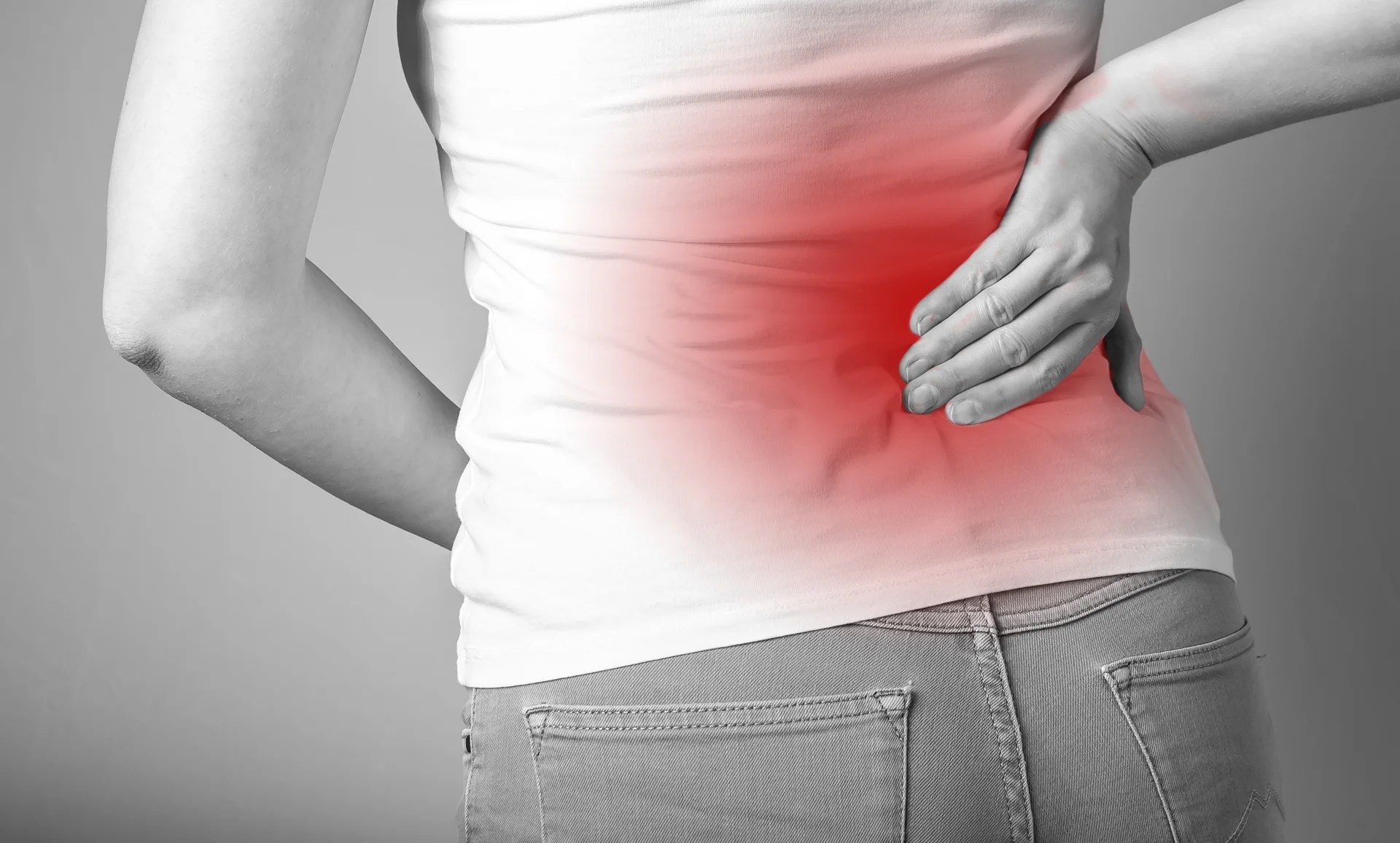

Understanding The Connection Between Lower Back Pain And Diarrhea
Lower back pain and diarrhea are two seemingly unrelated symptoms that can affect many individuals at different stages of their lives. However, understanding the relationship between these two conditions can provide valuable insights into potential underlying health issues. In this article, we will explore the various causes of lower back pain and diarrhea, examine how they may be interlinked, and discuss effective treatment options. By the end, you will have a clearer picture of these symptoms and when to seek medical advice.
Lower back pain, medically known as lumbago, can arise from a variety of factors, including muscle strains, herniated discs, and underlying medical conditions. On the other hand, diarrhea is characterized by frequent, loose, or watery bowel movements and can result from infections, dietary changes, or underlying gastrointestinal disorders. It is essential to recognize that while these symptoms may occur independently, they can also signal more complex health issues that require immediate attention.
In this comprehensive guide, we will delve into the potential connections between lower back pain and diarrhea, highlighting the importance of understanding your body’s signals. Whether you are experiencing these symptoms simultaneously or separately, this article will provide you with useful information and tips for managing your health effectively.
Table of Contents
- Biography of Lower Back Pain and Diarrhea
- Understanding Lower Back Pain
- Causes of Lower Back Pain
- Symptoms of Lower Back Pain
- Understanding Diarrhea
- Causes of Diarrhea
- The Connection Between Lower Back Pain and Diarrhea
- Treatment Options for Lower Back Pain and Diarrhea
Biography of Lower Back Pain and Diarrhea
Lower back pain and diarrhea are common ailments that affect people of all ages. Below is a table summarizing key data and statistics related to these conditions:
| Condition | Prevalence | Common Age Group | Potential Causes |
|---|---|---|---|
| Lower Back Pain | 80% of adults experience it at some point | 30-60 years | Injury, poor posture, herniated discs |
| Diarrhea | 1.7-5 billion cases annually worldwide | Children under 5 years | Infections, food intolerances, medication |
Understanding Lower Back Pain
Lower back pain can vary in intensity and duration, impacting daily life and overall well-being. It is crucial to understand what lower back pain entails:
- It can be acute (short-term) or chronic (long-term).
- May be associated with stiffness, tenderness, or muscle spasms.
- Can result from mechanical, inflammatory, or degenerative causes.
Types of Lower Back Pain
- Mechanical Pain: Often due to muscle or ligament strain.
- Radicular Pain: Pain that radiates down the legs, often due to nerve compression.
- Referred Pain: Pain that is felt in the lower back but originates from other areas.
Causes of Lower Back Pain
There are multiple factors contributing to lower back pain, including:
- Muscle or ligament strain: Lifting heavy objects or sudden awkward movements.
- Herniated or bulging discs: Pressure on spinal nerves can lead to pain.
- Arthritis: Osteoarthritis can cause the narrowing of the space around the spinal cord.
- Skeletal irregularities: Conditions such as scoliosis can lead to pain.
Symptoms of Lower Back Pain
Symptoms associated with lower back pain may include:
- Aching or stiffness in the lower back.
- Pain that radiates down the legs.
- Limited range of motion.
- Muscle spasms.
Understanding Diarrhea
Diarrhea is defined as the condition of having three or more loose or liquid bowel movements per day. Understanding its implications is essential:
- It can be acute (lasting a few days) or chronic (lasting more than four weeks).
- Accompanied sometimes by symptoms like abdominal cramps and dehydration.
Types of Diarrhea
- Osmotic Diarrhea: Caused by malabsorption or excessive intake of sugar.
- Secretory Diarrhea: Occurs when the intestines secrete electrolytes and water.
- Exudative Diarrhea: Results from inflammatory bowel disease.
Causes of Diarrhea
Several factors can lead to diarrhea, including:
- Infections: Viral, bacterial, or parasitic infections can trigger diarrhea.
- Food intolerances: Lactose or gluten intolerance may lead to gastrointestinal distress.
- Medications: Certain antibiotics and medications can disrupt normal gut flora.
The Connection Between Lower Back Pain and Diarrhea
Interestingly, there are several scenarios in which lower back pain and diarrhea may be interconnected:
- Gastrointestinal disorders: Conditions like irritable bowel syndrome (IBS) can cause both symptoms.
- Infections: Certain infections, such as kidney infections, may present with both lower back pain and diarrhea.
- Inflammatory conditions: Conditions like Crohn’s disease can lead to inflammation affecting both the back and gastrointestinal tract.
Treatment Options for Lower Back Pain and Diarrhea
Treatment for lower back pain and diarrhea will vary based on the underlying cause. Here are some general strategies:
For Lower Back Pain
- Physical therapy and exercises to strengthen the back.
- Over-the-counter pain relievers like ibuprofen or acetaminophen.
- Heat or ice therapy to reduce inflammation.
For Diarrhea
- Staying hydrated with fluids and electrolytes.
- Avoiding certain foods that may worsen symptoms, such as dairy or fatty foods.
- Consulting a healthcare provider for severe or persistent cases.
Conclusion
In summary, lower back pain and diarrhea can be interrelated symptoms that may indicate underlying health issues. Understanding the potential causes and connections is crucial for effective management and treatment. If you experience these symptoms concurrently or have concerns about your health, it is essential to consult a healthcare professional for proper diagnosis and treatment.
We encourage you to leave your comments, share this article, or explore other informative articles on our site to further your understanding of health-related topics.
Penutup
Thank you for reading! We hope this article has provided you with valuable insights into lower back pain and diarrhea. We invite you to return for more informative content, and remember to take care of your health!
The Ultimate Guide To Boston Butt: Everything You Need To Know
Understanding The Smith And Wesson 40: A Comprehensive Guide
Understanding Ultra Beasts In Pokémon: The Mysterious Creatures Of The Pokémon World


